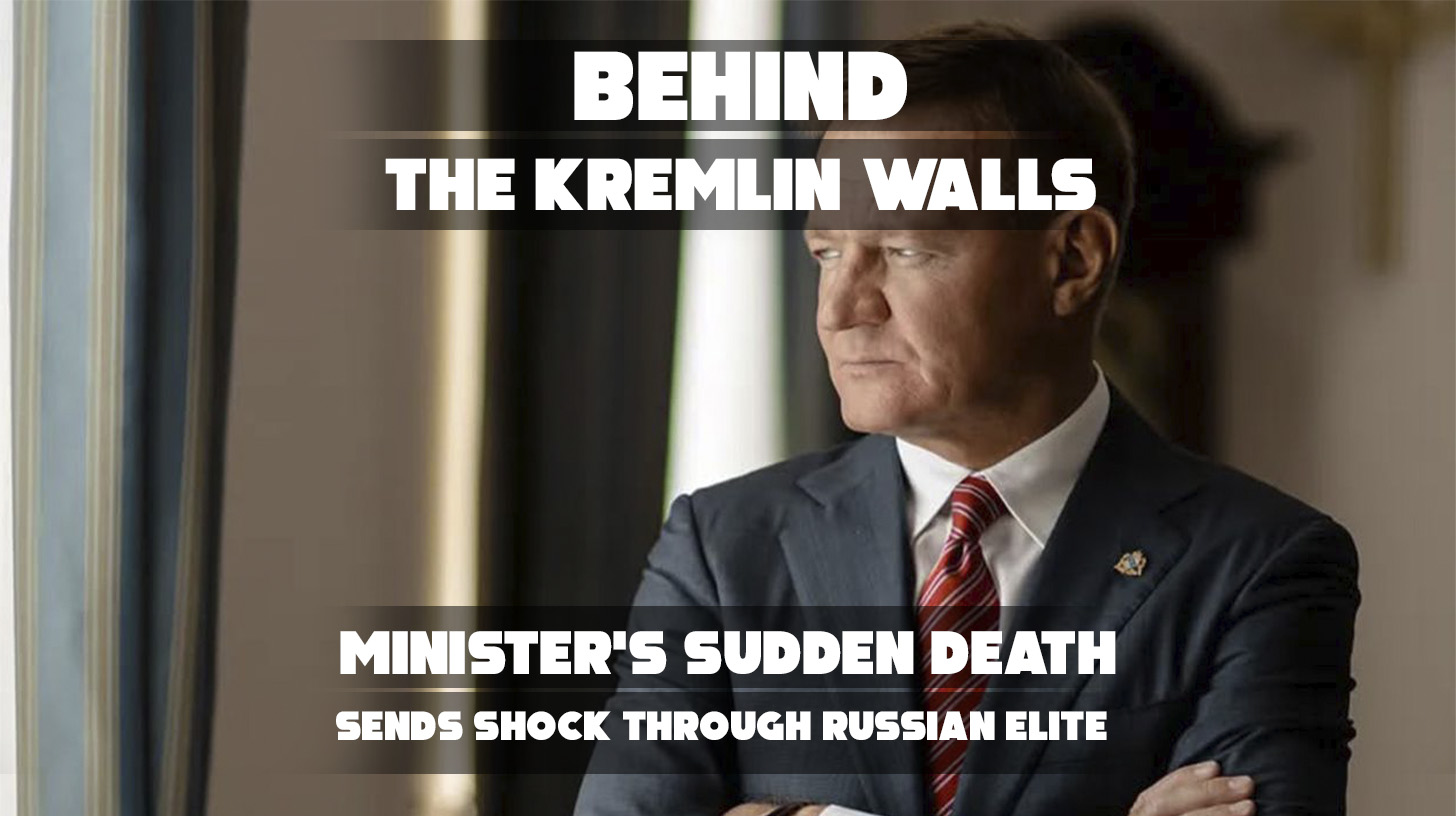Russia was shaken this week by a stunning and suspicious turn of events.
On Monday morning, President Vladimir Putin abruptly fired Transport Minister Roman Starovoit. By that same afternoon, Starovoit was found dead in a park on the edge of Moscow — a gunshot wound to the head and a pistol reportedly found nearby.
Authorities are calling it an apparent suicide, but the timing has left many in Russia’s political sphere reeling. As one Russian tabloid put it:
“The suicide of Roman Starovoit just hours after the president’s order to sack him is an almost unique occurrence in Russian history.”
Echoes of a Dark Soviet Past
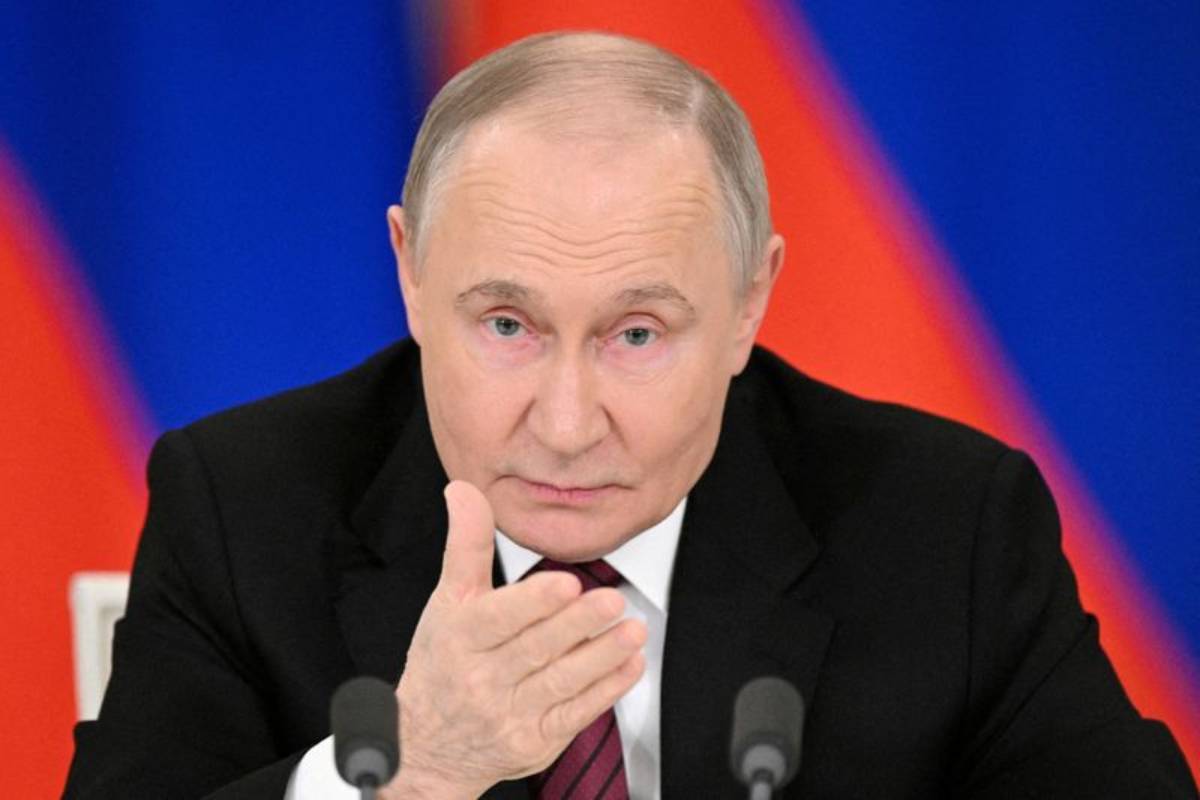
The last time something similar happened in Russia was more than 30 years ago. Back in 1991, following a failed Soviet coup, Interior Minister Boris Pugo also died by suicide. That historical parallel has sparked fears that modern Russia may be returning to its more Stalinist-era roots, where power shifts came with devastating consequences.
Nina Khrushcheva, professor of International Affairs at The New School, said:
“The most dramatic part of this… is that a high-level government official [kills himself] because he has no other way of getting out of the system,”
“I immediately thought of Sergo Ordzhonikidze, one of Stalin’s ministers, who [killed himself] in 1937. When you start thinking of 1937 in today’s environment, that gives you great pause.”
The Shadow of Kursk
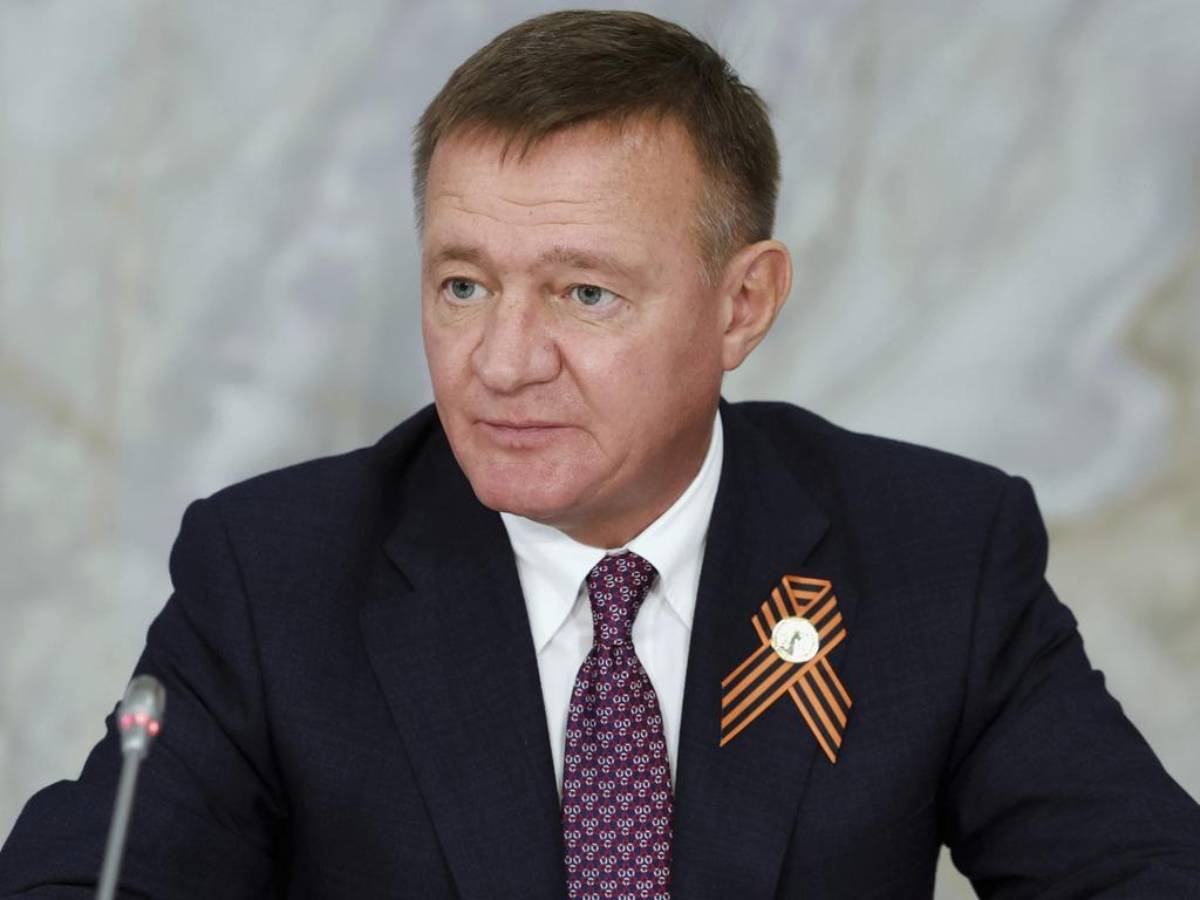
Before becoming transport minister in 2024, Starovoit served as Governor of Kursk, a region bordering Ukraine. During his term, he oversaw the construction of border defenses meant to repel Ukrainian advances. Those fortifications failed, and Ukraine briefly seized territory in the region.
Since then, his successor and former deputy have been arrested and charged with large-scale fraud tied to those projects. According to the business daily Kommersant:
“Mr Starovoit may well have become one of the chief defendants in this case.”
Though the Kremlin has not confirmed this, many speculate fear of prosecution may have led to his death.
Silence on State TV
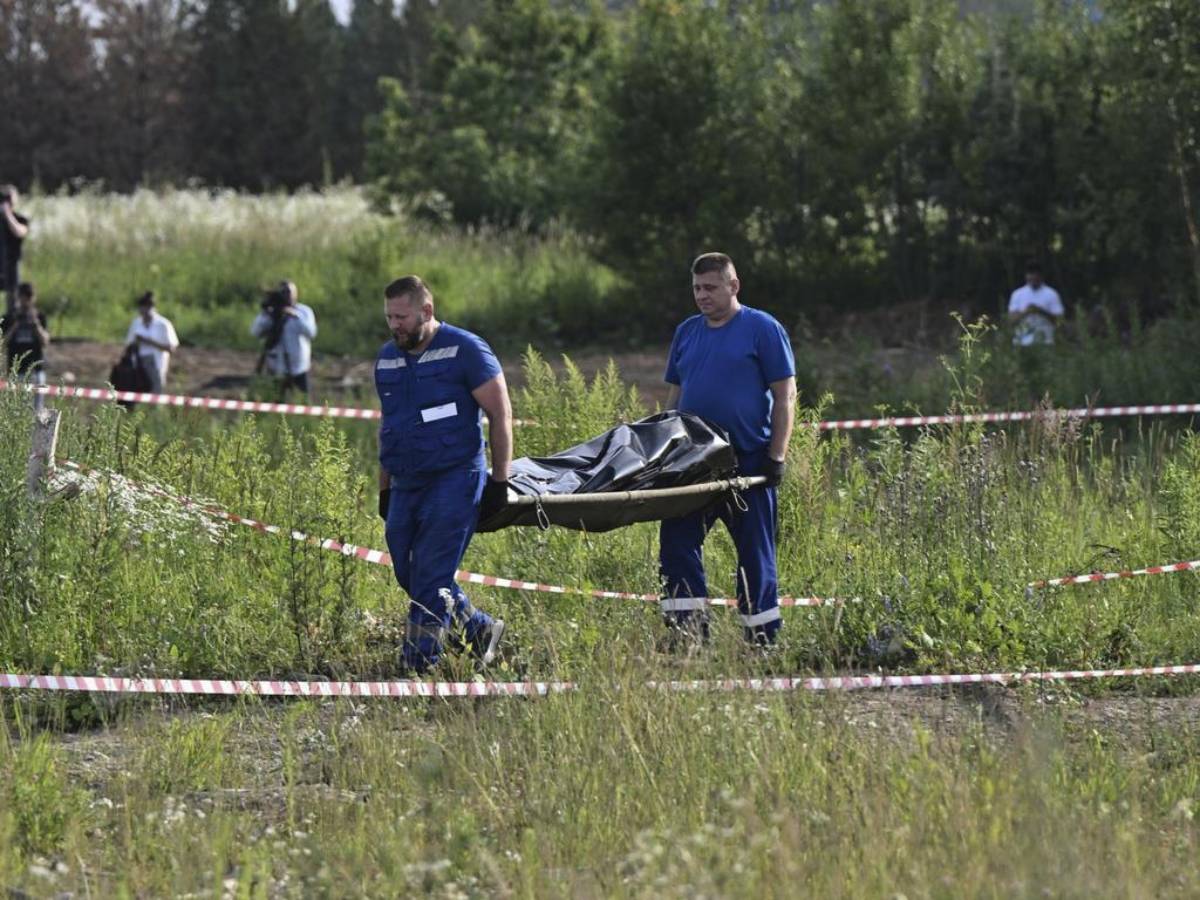
Despite the shock in print media, state television, still the most influential news source in Russia, gave the story minimal attention. The death was briefly mentioned only 40 minutes into the main evening broadcast, for just 18 seconds.
Putin’s spokesperson Dmitry Peskov, adding that investigations were ongoing said:
“Normal people cannot but be shocked by this. Of course, this shocked us, too.”
This tight-lipped coverage may be an attempt to control the narrative, and the fear, among the public. But among government insiders, the message couldn’t be clearer.
A Grim Message to the Elite
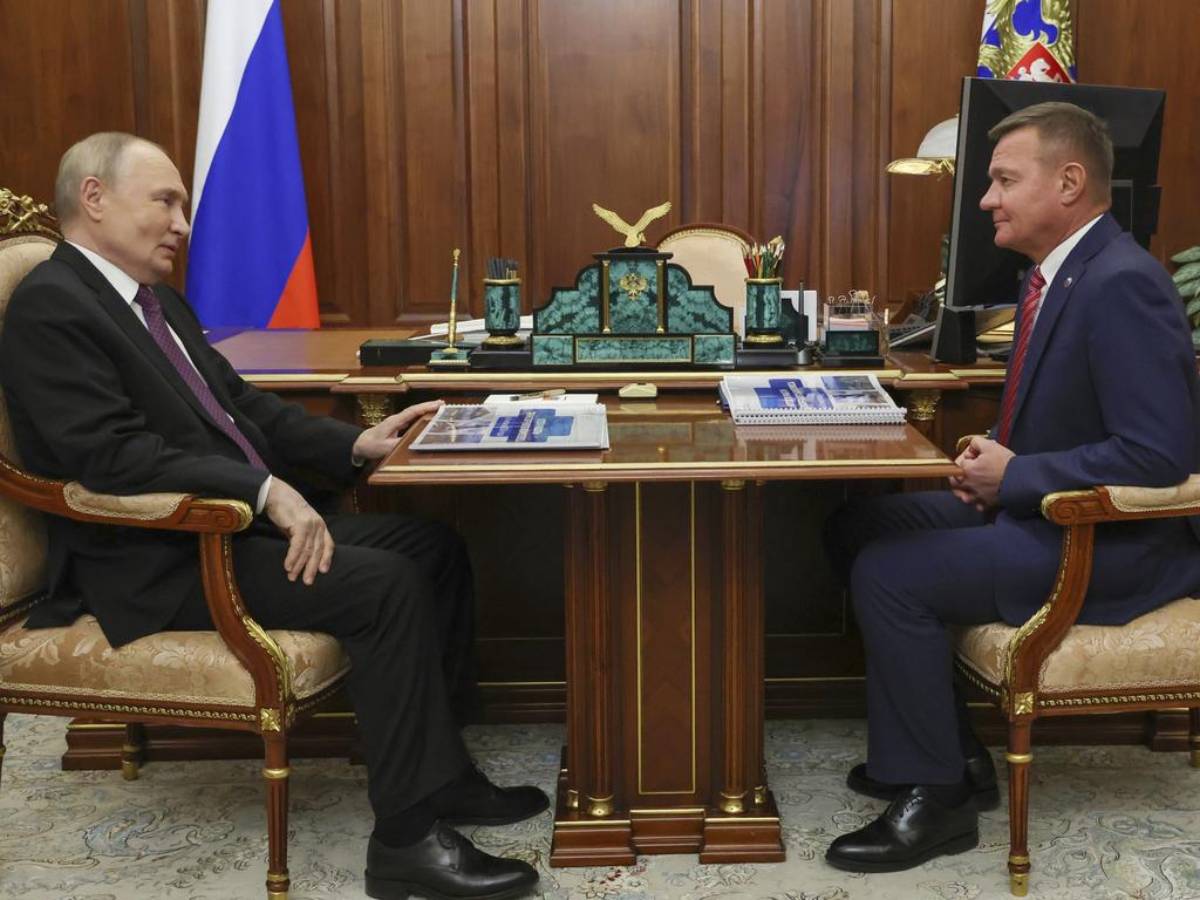
For Russia’s political class, Starovoit’s death is a stark reminder: falling out of favor can be deadly. With corruption charges, shifting power dynamics, and internal crackdowns becoming more common, the elite are beginning to understand the risks.
Khrushcheva warned:
“Unlike before, when you could get these jobs, get rich, get promoted… today, that is clearly not a career path if you want to stay alive. There’s not only no upward mobility to start with, but even downward mobility ends with death.”
In modern Russia, ambition may no longer be rewarded with power, but with peril.


